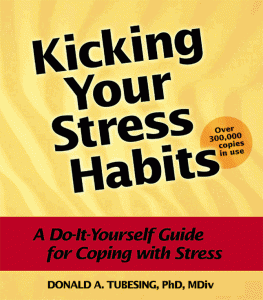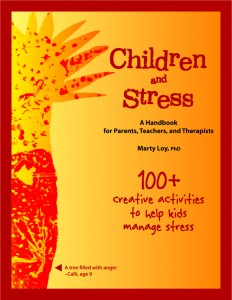Would more money, a nicer house or better health make you more content? Are these the same things that satisfy happier people, too? If not, what can we learn from them to become happier ourselves?
The Positive Psychology movement finds that you’ll get the most bang for your happiness buck by changing how you:
* Feel about your past
* Think about your future
* Experience your present
So let’s look to your future.
Future-oriented positive emotions include:
* Optimism
* Faith
* Hope
* Trust
You must be fairly optimistic for these emotions to augment your happiness. Optimism is hope about your prospects. In these tough times it’s more difficult to remain hopeful, yet many do.
Dr. Martin Seligman, the University of PA pioneer of Positive Psychology, author of “Learned Optimism” and “Authentic Happiness,” and world renown optimism/pessimism researcher, has shown through extensive research that optimists and pessimists interpret events very differently. Pessimists are more realistic but optimists are more resilient, healthier and may live longer, and are better at work and in sports.
Seligman has narrowed down becoming more optimistic to changing how you explain why good and bad things happen to you through two dimensions of your “Explanatory Style:”
* Permanence versus temporary: for how long do you give up?
* Pervasiveness – universal versus specific: how much of your life is affected by events?
Permanence vs. temporary: Pessimists see causes of bad events as permanent, such as not getting a job interviewed for – “I’m all washed up.”
Optimists use temporary terminology to explain “I wasn’t on for that interview.”
Whose stress lasts longer? Who’s going to give up more easily? Being washed up sounds very permanent.
Pessimists also use expansive and exaggerated words like “always” and “never” such as “I’ll never get a job.”
Optimists use “sometimes” and “lately” such as “I’ve had some bad interviews lately.”
Opposite terminology is used when something good happens.
Pessimists use temporary terminology to explain why something good happened – “I’m lucky to get this job.”
Optimist use permanent causes for good events – “I’m the best candidate for this job.”
The second dimension of your Explanatory Style is Pervasive: how much of your life is affected by an event?
For bad events pessimists explain with universal terms and may feel helpless in multiple areas of their lives, like not getting the job:
* “I’m such a loser.”
Optimists use specific explanations and limit any helplessness to the bad event – “I wasn’t feeling well that day.”
Who is more resilient for the next interview?
Pessimists use specific reasons to explain why something good happened – “I got the job because I’m good at math.”
Optimists use universal reasons – “I got the job because I’m smart.”
So, to become more optimistic and happier about your future explain bad events with temporary and specific causes and good events with permanent and universal ones.
Jacquelyn Ferguson, M. S., is an international speaker and a Stress and Wellness Coach. Order her book, Let Your Body Win: Stress Management Plain & Simple.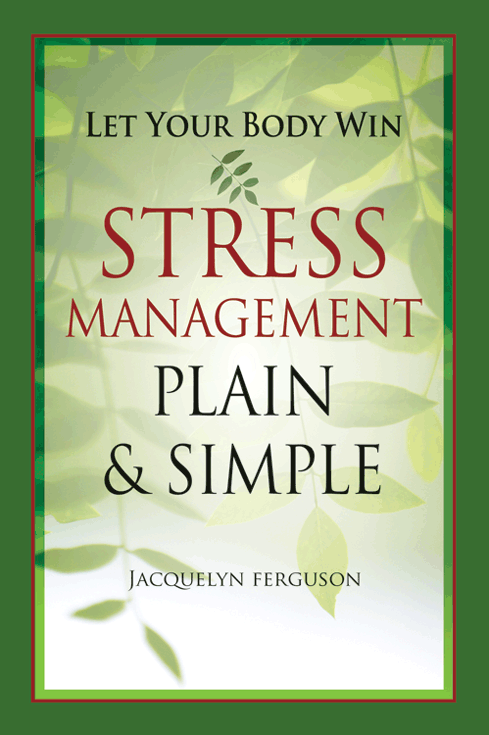
Like this:
Like Loading...


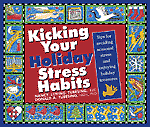




 I asked my husband what I should write about for Thanksgiving week and his immediate response was, “the turkeys in our lives.” After I stopped laughing I decided to focus on the real Thanksgiving turkey.
I asked my husband what I should write about for Thanksgiving week and his immediate response was, “the turkeys in our lives.” After I stopped laughing I decided to focus on the real Thanksgiving turkey.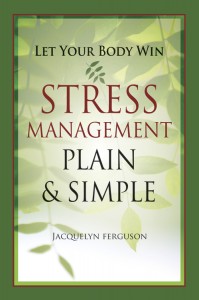
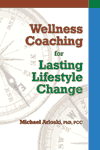 INSPIRING, INSTRUCTIVE, INDISPENSIBLE
INSPIRING, INSTRUCTIVE, INDISPENSIBLE

